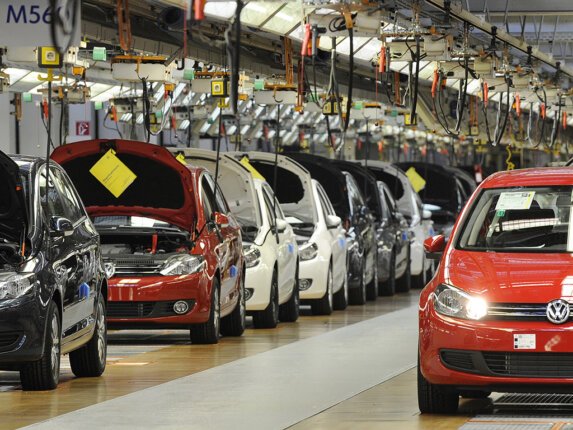Islamabad — Pakistan’s auto-parts industry is warning of an existential threat as government policies risk dismantling decades of localisation and undermining the country’s entry into a $131 billion regional auto trade corridor.
According to a report by the Pakistan Association of Automotive Parts & Accessories Manufacturers (PAAPAM), Pakistan could earn $6.5 billion annually with just a 5% share of the regional market. But recent policy shifts — including tariff flattening and the normalisation of used-car imports — may collapse the vendor ecosystem built over four decades.
The industry supports 1.83 million jobs, including 300,000 directly, and substitutes $1.25 billion in imports every year. Vendors have invested more than Rs100 billion in localisation of critical components, from dashboards and wiring harnesses to suspension systems. Yet, inconsistent policy has left many plants underutilised, with low motorisation rates and cheap used imports limiting demand.
PAAPAM notes that exporters already enjoy zero-duty raw material imports under the Export Facilitation Scheme, meaning duties are not the real bottleneck. Instead, challenges lie in small volumes, high costs, weak global integration, and a lack of testing and homologation facilities.
The association warns that uniform tariffs and open used-car imports, as recommended by the IMF, will destroy incentives for local value addition, triggering plant closures, social unrest, and a fresh burden on Pakistan’s fragile balance of payments.
To safeguard jobs and growth, PAAPAM calls for predictable cascading tariffs, strict regulation of used imports, stronger testing infrastructure, and policies that leverage auto-financing to unlock demand. The choice, it concludes, is between managed reform that secures long-term exports, or abrupt liberalisation that unravels decades of industrial investment.



